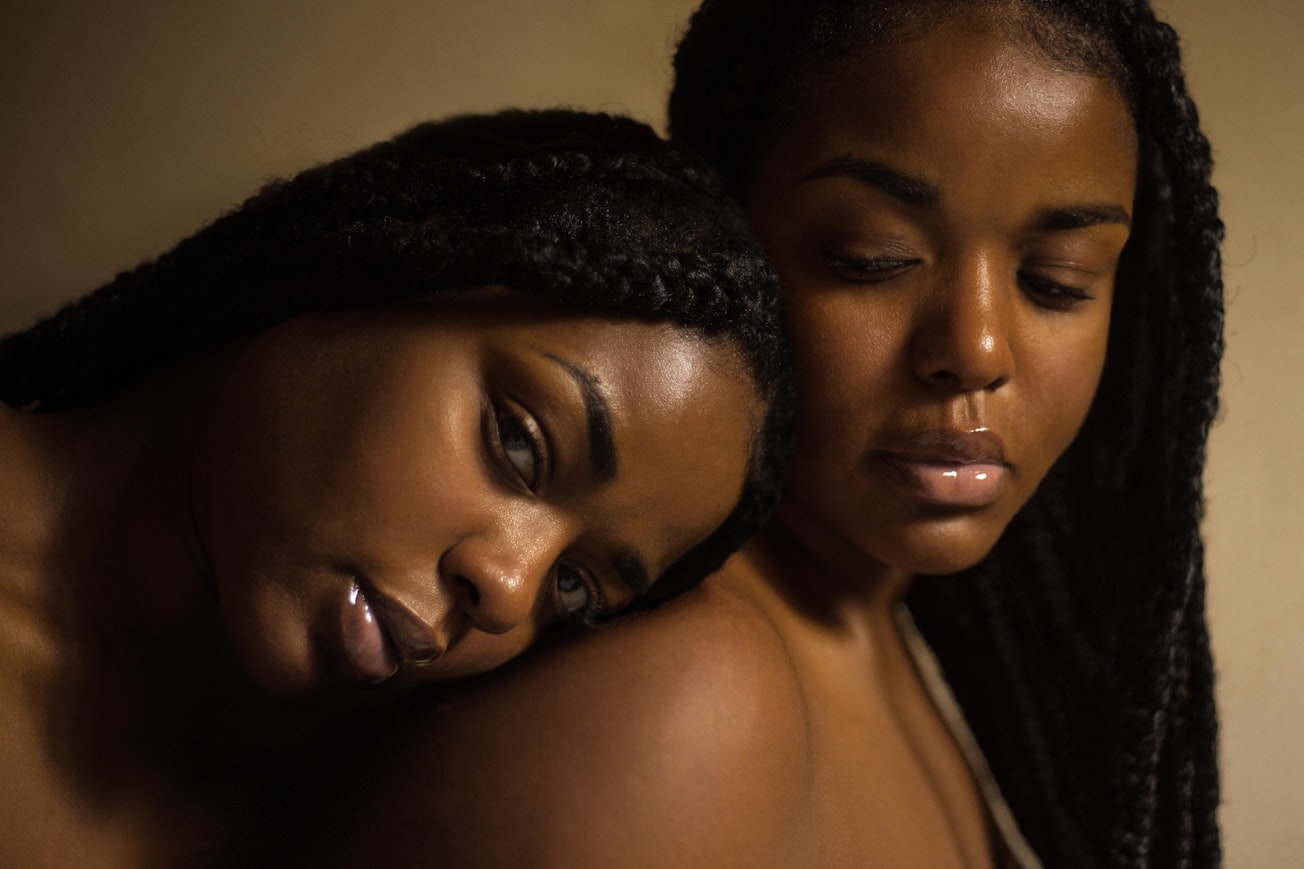What is it about?
This review explores the overall themes that are examined in the book - the invisibility, objectification, exclusion and exploitation of black women. Of special note are the stories of Baartman and Truganini, poignant examples of black women who were failed by justice.
Featured Image

Photo by Jessica Felicio on Unsplash
Why is it important?
In a world swirling with conflicting narratives about people of colour, the need for the legal and academic context contained in this book is welcome and essential. This book is a step towards realising a dream of effective international justice and equal human dignity – giving voice to the voiceless, naming the nameless and bringing the invisible into focus. This review encourages readers to engage with issues raised.
Perspectives
In a world where justice, fairness and equality are measured, among other things, by gender parity, research in international law needs to focus on this significant cross-section of the world’s population. As long as the issues specific to black women in international law remain unaddressed, effective implementation of international human rights law will remain a dream rather than a reality. Black women are often the voiceless and invisible subjects of international law. This should no longer be the case.
Dr Foluke Ifejola Adebisi
University of Bristol
Read the Original
This page is a summary of: Levitt, Jeremy I. (ed.),Black Women and International Law, African Journal of International and Comparative Law, February 2016, Edinburgh University Press,
DOI: 10.3366/ajicl.2016.0146.
You can read the full text:
Contributors
The following have contributed to this page







